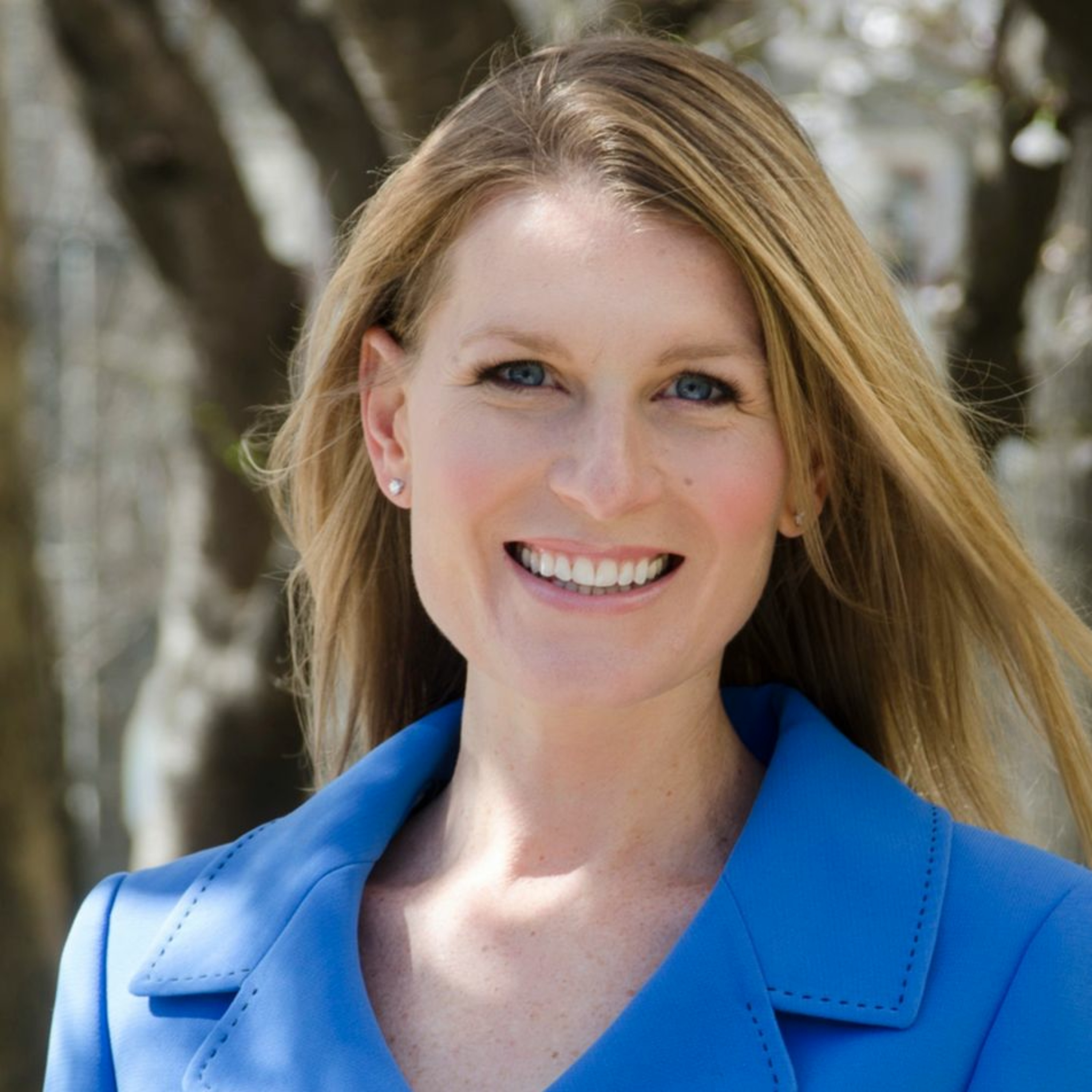Tailoring follow-up care to meet the unique needs of every cancer survivor

Not all cancer survivors are the same. They have disparate healthcare needs and should not be approached in a “one size fits all” manner. Corinne Leach, PhD, MPH, MS—Senior Principal Scientist in the American Cancer Society’s Population Science team—explains why and how we should bring personalized follow-up survivorship care to everyone with a history of cancer that is at an appropriate level based on need, that is high quality and equitable, that is efficient and sustainable for the healthcare system, and that leads to positive outcomes for all individuals with a history of cancer. Dr. Leach also helped develop Springboard Beyond Cancer (https://survivorship.cancer.gov/), an online tool for cancer survivors developed through a collaboration between the American Cancer Society and the National Cancer Institute. Springboard Beyond Cancer is designed to make it easy for those in treatment and post-treatment to access essential information to help them manage ongoing cancer-related symptoms, deal with stress, improve healthy behaviors, communicate better with healthcare teams, and seek support from friends and family. 3:14 – How the very different experiences of her grandparents helped lead to her interest in research into older cancer survivors 7:39 – Characteristics that make older cancer survivors unique 10:13 – On health behaviors that are particularly important for this population 14:14 – On the importance of personalized survivorship 18:26 – On some of the big picture research priorities and specific research questions that were identified in a recent study she led summarizing an expert panel’s research priorities for advancing personalized survivorship in the United States 22:35 – On Springboard Beyond Cancer (https://survivorship.cancer.gov/), a comprehensive tool for both survivors going thorough treatment and those who are post-treatment 25:58 – On how the Covid-19 pandemic has impacted personalized cancer survivorship 28:51 – On how the rise in social isolation due to the pandemic could help people appreciate a problem older adults have been dealing with for a long time